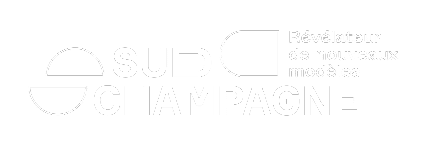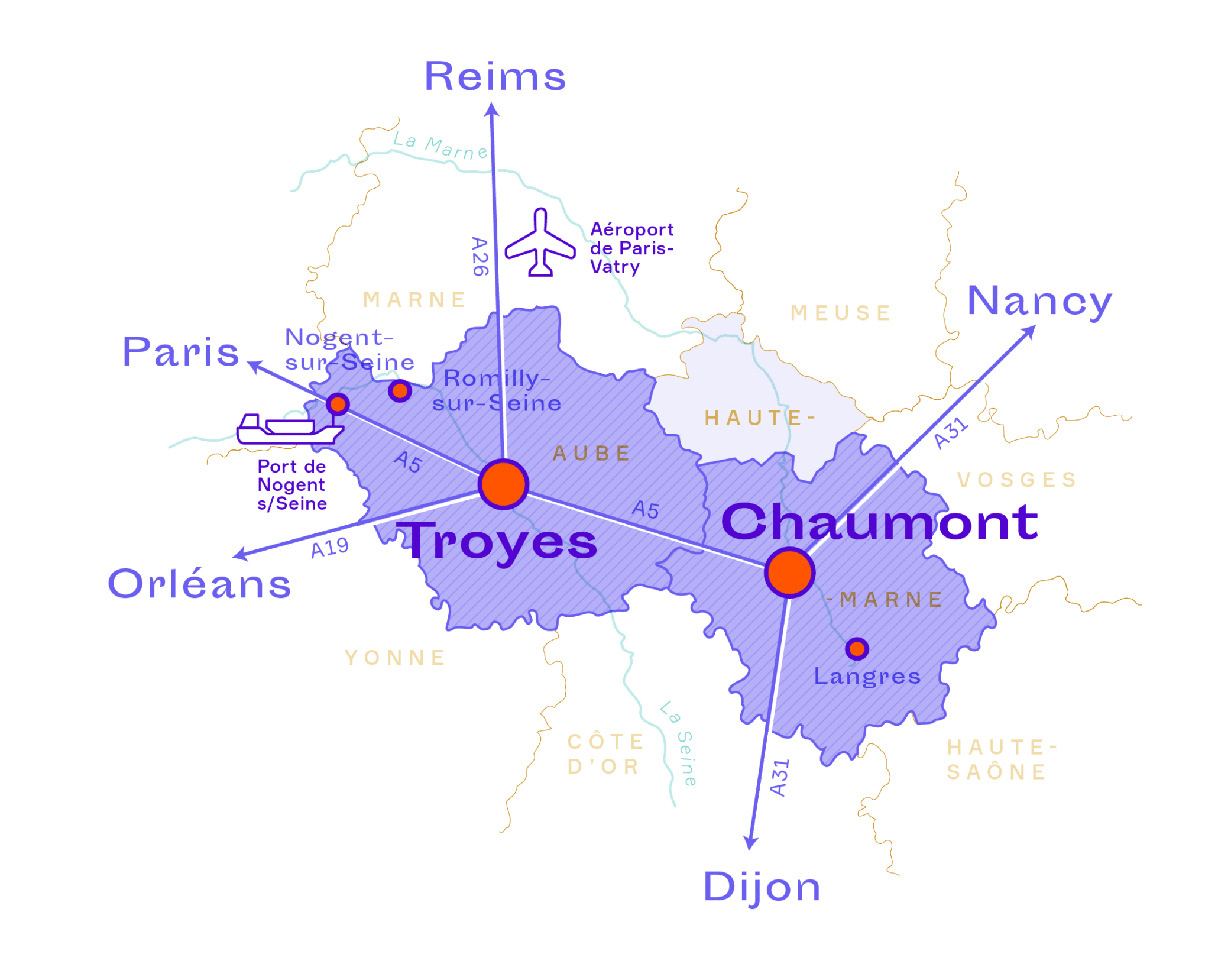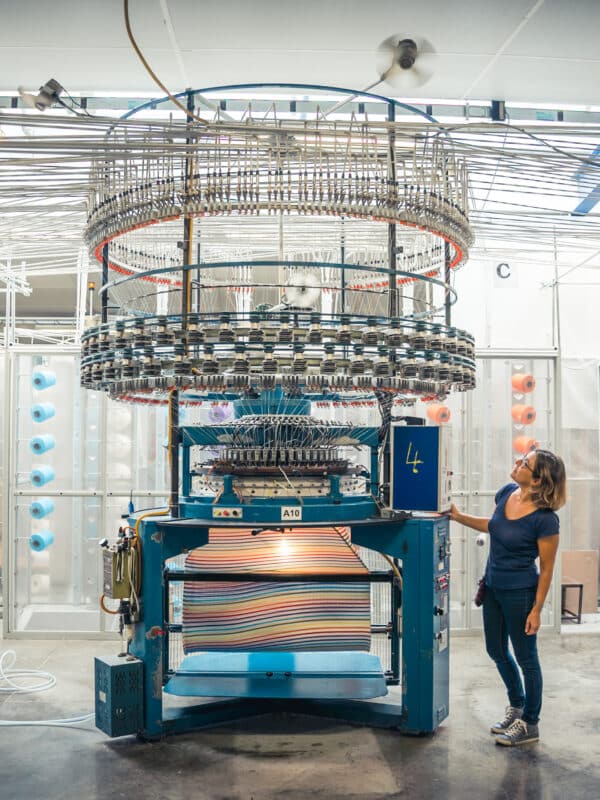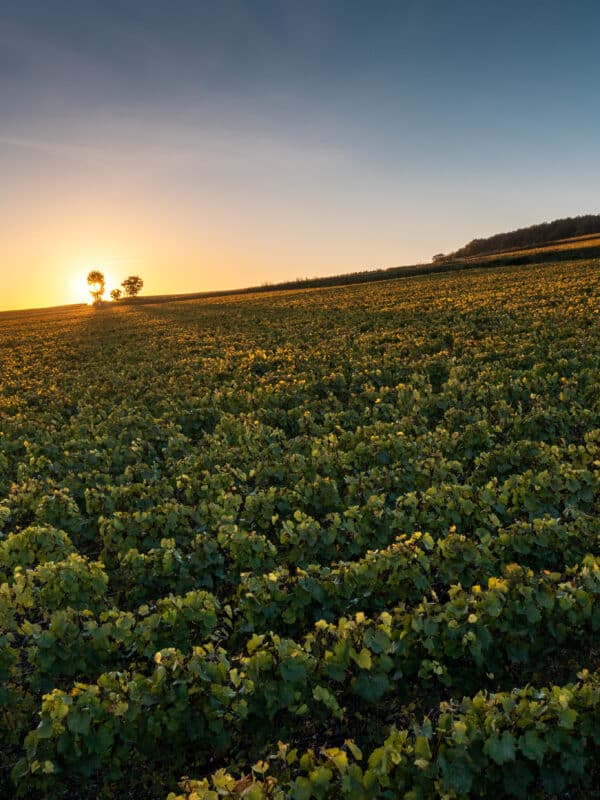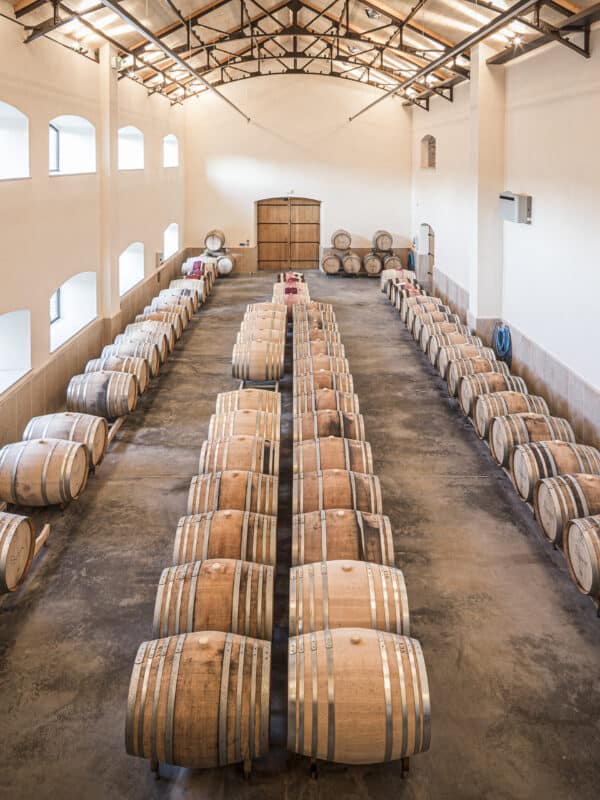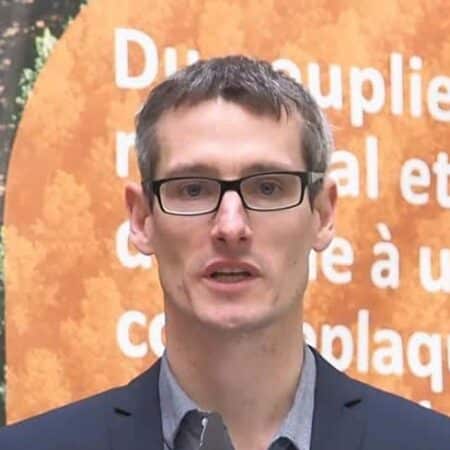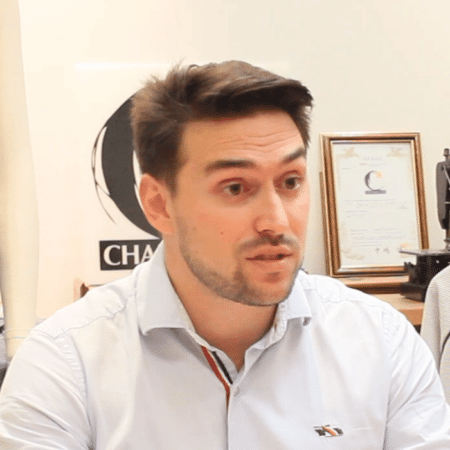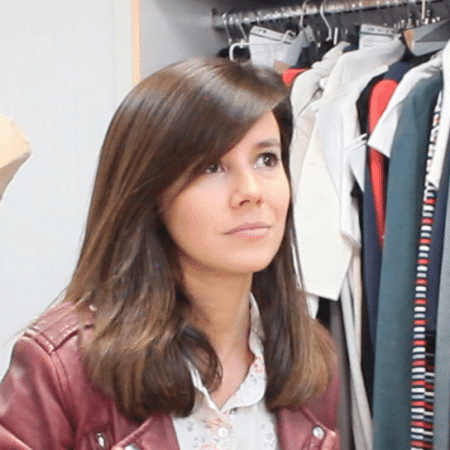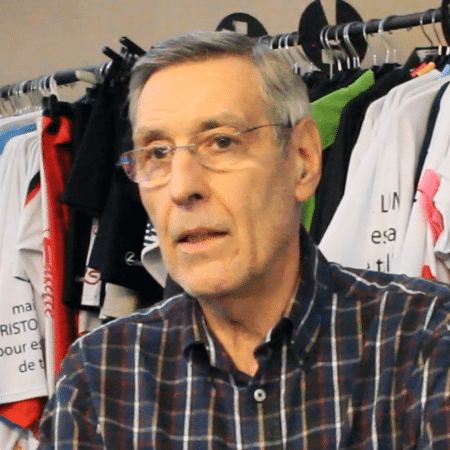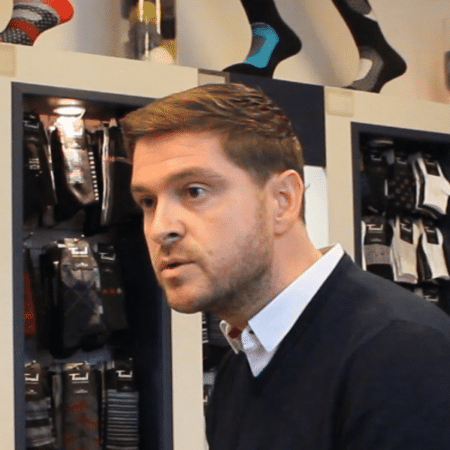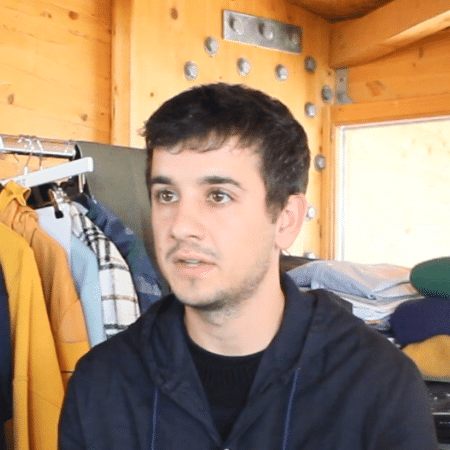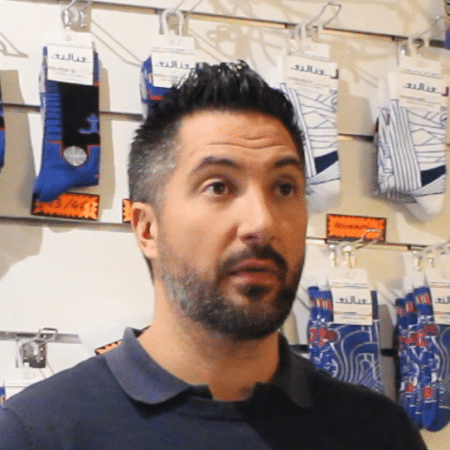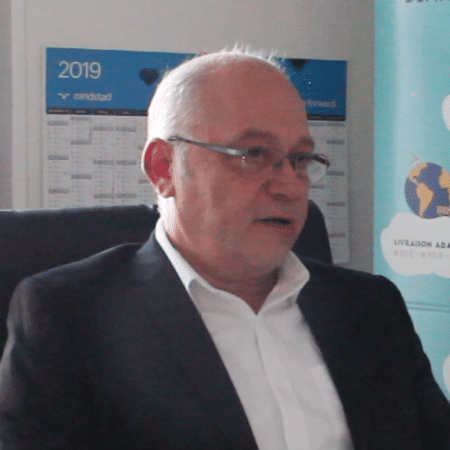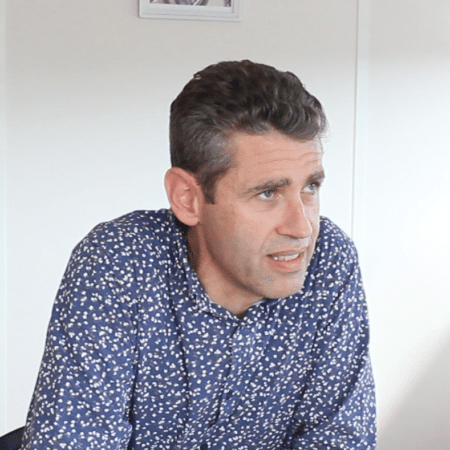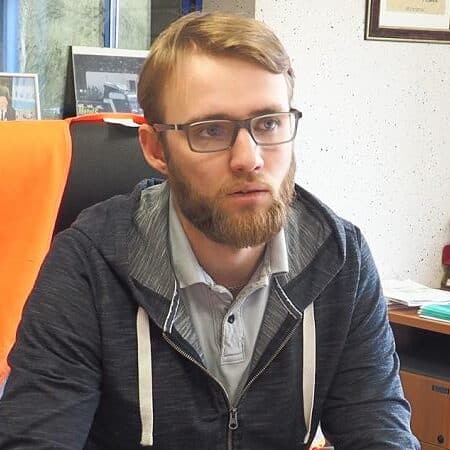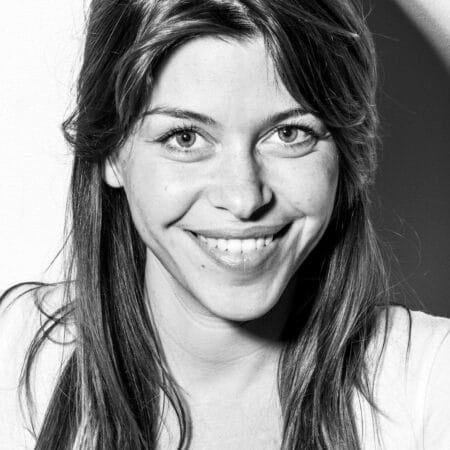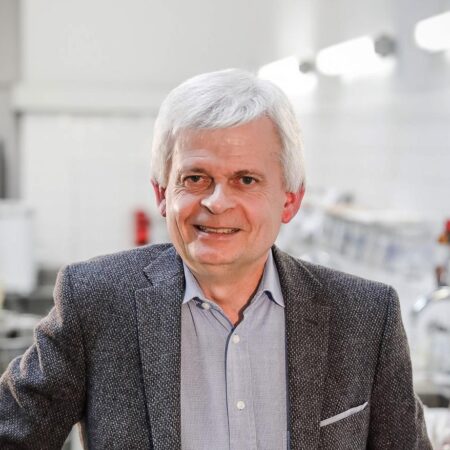François-Xavier Moons
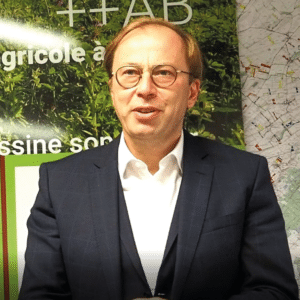
François-Xavier Moons, Managing Director of Capdéa
François-Xavier Moons is the Managing Director of Capdéa, 10220 Assencières, 10240 Aulnay, 10350 Marigny-le-Châtel.
Who are you?
My name is François-Xavier Moons, I am the Managing Director of the Capdéa cooperative. I have been working in the Aube region for 28 years but originally come from Lille. I moved to South Champagne because I love my profession, which I can easily practice here, and I love the area and its environment, as well as the people I meet.
What is the Capdéa cooperative?
Capdéa is an Aube cooperative owned by 800 farmers since 1970. It is a cooperative focused on its territory. Our core business is dehydration, serving the purpose of valorizing the agricultural production of our farmers, sustainably. For this, we have a three-pronged strategy: diversification, added value at all levels, and steady growth. This strategy is based on four activities. The smallest concerns the production of seeds for baking, representing about 1% of our turnover. The second is to put our tools and manpower at the service of the territory, its farmers, and local businesses, to create a service provision, which represents a turnover of 1 million euros. The third, our specialty, is to be a raw material supplier for the pharmaceutical industry with two activities, including the valorization of vine co-products to produce polyphenol seeds. We produce about 2000 tonnes per year.
The main activity of dehydration, and where it is best known, is the supply of raw materials for animal feed. We produce pellets from beet pulp, corn, apple marc, but our core business is alfalfa. It’s a magical plant because it produces a lot of protein, 2.8 tonnes per hectare. It’s almost fertilizer-free and consumes almost no phytosanitary products, it’s absolutely virtuous. The goal of this alfalfa is to produce French proteins, non-GMO, traceable, and of high quality. We have 7400 hectares of it among our members, 11% of which are in Organic Agriculture.
All these activities represent an annual production of 140,000 to 190,000 tonnes, a turnover of 30 to 35 million euros, and about 100 people working and investing for Capdéa.
What are Capdéa’s areas of excellence?
Capdéa’s areas of excellence are its tools and teams. Our job is to dehydrate, that is, to stabilize by evaporating water from agricultural products that come from the fields of our members, such as alfalfa, pulp, etc., to preserve them, package them in a valuable form, and store them. We are facing an energy challenge as we produce hot air to extract the water. Our first area of excellence, therefore, is to succeed in reducing our energy consumption in alfalfa by 50%. We have an ISO-50001 certification which helps us more easily achieve our goals. Our second point of excellence is the ability of our teams to be responsive regardless of the changing context of the agricultural world.
Can you introduce us to Capdéa’s business project in Marigny-le-Châtel?
Capdéa’s business project is called “++AB”. The keywords of this project are growth, territory, virtuous, and especially Organic Agriculture. Our Board of Directors, representing the 800 members of the cooperative, began thinking about the future of Capdéa in 2017. They questioned the market, R&D issues, sustainability issues, and found a new business project to ensure Capdéa’s future for the next 15 or 20 years.
Concretely, what is the ++AB project?
Concretely, the ++AB project aims to develop alfalfa production in water-sensitive areas for 1600 hectares, an additional 20,000 tonnes of production for the cooperative, about 25% of our production will be Organic Agriculture, compared to 11% today. That’s 2000 tonnes of pure, organic, traceable, non-GMO proteins fitting into the national strategic protein plan often discussed by the government.
To achieve this, we have invested 13 million
euros, co-funded with four partners and a bank. The first partner, the Seine Normandy Water Agency, helped us as we will plant alfalfa in areas with significant challenges, such as the Water Catchment Areas of Paris for example. The second partner is ADEME, which will help us transition from fossil energy to biomass. The third partner is, of course, the Grand Est region, which supports us in economic development, helping us create jobs and a dynamic around the project. The last partner is the Organic Agency, which helped us invest in harvesting tools and our machinery. In addition to these funding partners, we have also borrowed 7 million euros from Crédit Agricole Champagne-Bourgogne. We thank these four partners and our bank for believing in our project.
The service will be operational soon, as most tools will be up and running in 2021.
Once the ++AB project is operational, what will be your future territorial projects?
The ++AB project is at least two years of work for our teams. After that, we will have to create more links with energy suppliers. Today we consume 15,000 tonnes of forest chips, and we will increase to 80,000 tonnes, so we are considering approaching local sawmills and forest exploitation companies to create a more integrated and win-win commercial dynamic. Then, to ensure the profitability of the ++AB project, we will have to develop a more comprehensive range of organic products. Currently, we have 20 references for conventional alfalfa compared to only 3 for organic alfalfa. We hope to soon increase to 10 references.
Finally, we are also working on creating a cereal straw valorization sector. For 3 years now, we have been thinking about producing pellets for bedding and animal feed. In 2020, we are at 6000 tonnes in this market and hope to reach 20,000 tonnes by 2023.
